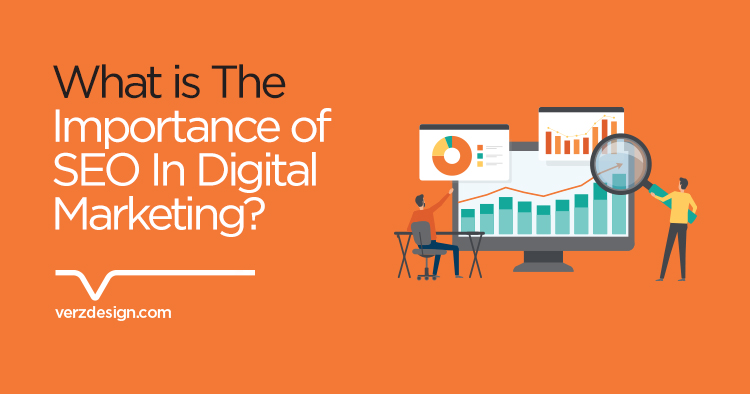The role of SEO (Search Engine Optimization) in digital marketing is foundational, as it focuses on improving a website’s visibility in search engine results, attracting organic (non-paid) traffic, and ultimately driving business growth. Here’s how SEO contributes to digital marketing success:
1. Enhancing Online Visibility
- SEO ensures that your website appears higher on search engine results pages (SERPs) for relevant keywords. This improves the chances of users discovering your business when they search for related products or services.
2. Driving Organic Traffic
- Organic traffic is a major source of website visitors, and SEO helps capture this traffic by aligning your content with what users are searching for.
- Unlike paid ads, organic traffic is free and sustainable in the long term.
3. Building Credibility and Trust
- Websites that rank high on search engines are often perceived as more credible and trustworthy.
- SEO focuses on creating quality content, earning backlinks, and providing a seamless user experience—all of which contribute to building brand authority.
4. Supporting Other Digital Marketing Channels
- Content Marketing: SEO optimizes blog posts, articles, and other content to ensure they rank well and reach the intended audience.
- PPC (Pay-Per-Click): SEO can lower the cost of paid campaigns by improving Quality Scores, as search engines favor well-optimized pages.
- Social Media: SEO drives traffic to social media profiles and boosts engagement by increasing website visibility.
5. Targeting the Right Audience
- By conducting keyword research, SEO helps businesses understand what potential customers are searching for.
- Optimized content aligns with user intent, ensuring you attract a relevant audience that is more likely to convert.
6. Improving User Experience (UX)
- SEO involves optimizing website speed, mobile responsiveness, navigation, and content quality.
- These enhancements improve the overall user experience, keeping visitors engaged and reducing bounce rates.
7. Boosting Local Marketing Efforts
- Local SEO helps businesses target customers in specific geographic locations.
- Optimizing Google My Business listings and including local keywords ensure businesses rank well for location-based searches.
8. Increasing Conversion Rates
- SEO attracts highly targeted traffic, meaning visitors are already interested in your offerings.
- A well-optimized website improves the likelihood of converting these visitors into leads or customers.
9. Providing Data and Insights
- Tools like Google Analytics and Search Console provide insights into customer behavior, keyword performance, and website performance.
- This data helps refine digital marketing strategies.
10. Cost-Effectiveness
- Unlike paid advertising, SEO delivers long-term results with consistent effort.
- It’s one of the most cost-effective ways to generate leads and build a brand.
In summary, SEO is the backbone of digital marketing. It ensures your business is discoverable online, supports other marketing efforts, and drives sustainable growth. Without SEO, even the best digital marketing campaigns risk falling short of their potential reach and impact.

